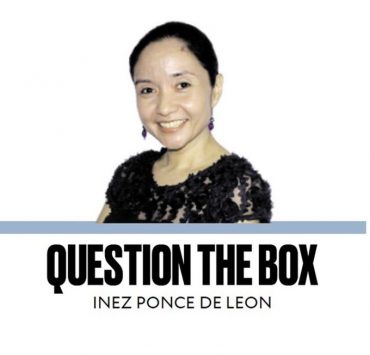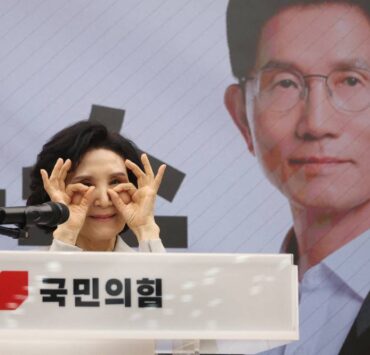2025 Philippine midterm elections: Transcending political parties

Political butterflies are not surprising, since this political phenomenon is common and aims to align with dominant parties, especially those of the incumbent president. But barefaced party hopping, also known as turncoatism, in midterm elections in the Philippines is necessary, as long as the political machinery is at work.
Part of the political machinery of politicians, which I think helped them garner votes, is the relationship between local and national figures. This relationship, of course, is enhanced by patronage, where a patron distributes resources, primarily connecting both levels. The relationship between both levels is equally important, as senatorial candidates rely on local politicians who have greater capacity to mobilize voters due to their stronger connection and engagement with the electorate.
To briefly analyze the senatorial elections, the electorate, especially the youth, managed to make a significant impact with their position. This is apparent for candidates Bong Go and Bam Aquino. They championed the Malasakit and free education programs, respectively, which many people appreciate and benefit from. Their relationship with local politics allowed them to secure a position. This second narrative posed a crucial subject for analysis since the “politics of endorsement” becomes a primary means of electoral mobility.
Aside from flyers distributed during the campaign, endorsements from local leaders or local political families helped. Endorsements occur either as a strategic decision by local leaders, who see the candidates as dominant in surveys and believe they can benefit from their success or because the candidates have the resources, such as financial capacity, to distribute in exchange for votes.”
Given the control and power of political families and clans to mobilize votes, endorsements can often be seen as a key element in securing votes for national candidates.
Political parties, as many scholars argue, lack distinct ideologies that set them apart. This may serve as another means of electoral mobility. However, in the recently concluded Philippine midterm elections—where leading candidates came from different political parties and local politics practiced the ”politics of endorsement”—the political exercise transcended traditional party lines.
Christian Hipolao
christian.hipolao@gmail.com

















